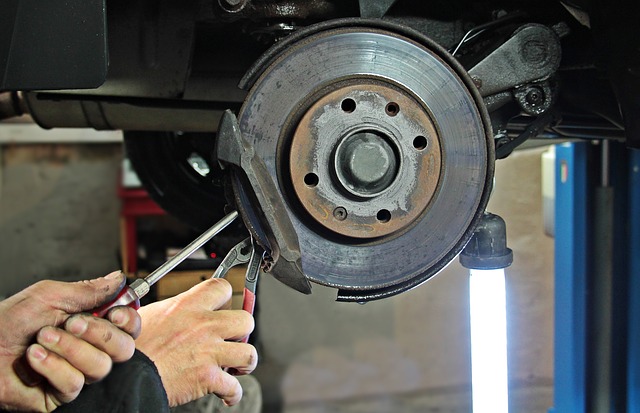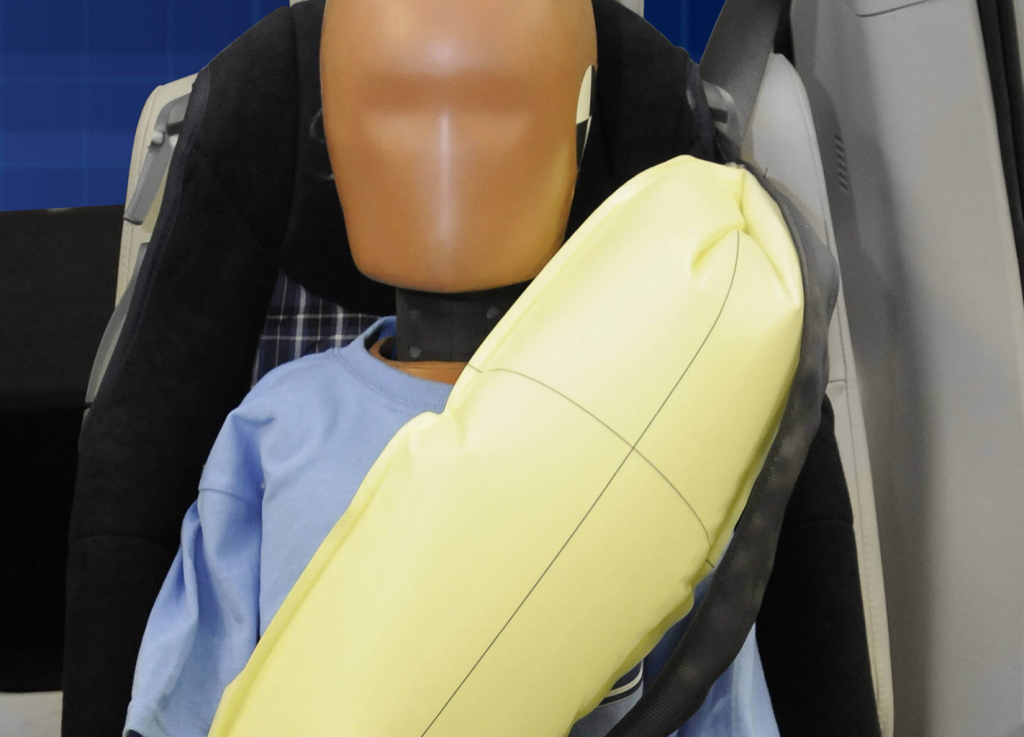Why You’re Losing Control On The Road

Your ability to react in a timely manner on the road is one of the most important parts of safe driving. A few extra seconds really can be the difference between a collision and a near miss. The difference between serious, even fatal, injury and getting away unharmed. So, if you’re losing control of your car while driving, even when you’re completely removed from danger, you need to look at the reasons why.
You’re speeding
The faster you go, the less control over the car you have. We all know that. We all know that speeding can be inherently dangerous, too. But the fact that is a lot of people who speed don’t do it intentionally. It helps to develop habits that can keep you from speeding, instead. Using cruise control to keep a cap on your acceleration, for instance, or leaving earlier for every journey so you’re not unconsciously rushing can help.
You drive erratically
It’s not just speed that can get you in danger. Even if you’re only going as far up as the speed limit, accelerating sharply, steering dramatically, and braking too hard all put you at greater risk of losing control of the car. Especially, as My NRMA suggests, in bad weather. Most skids are caused by driver error so it might pay simply to practice driving with a calmer style.
All tired out
Most skids are because of driver error, but not all of them are. Your car’s relationship with the road is as much defined by how well you look after the car, as well. It should be no surprise that tires are going to play a big role. Not only in choosing the right tires for the road conditions. Services like Safe t tyre are an important part of making sure your tire pressure is good, helping you keep traction. The alignment and balance of your wheels matter just as much, as well.
In for a shock
The most important part of keeping your car connected to the road, beyond the tires, are the shock absorbers. It’s worth keeping an eye out for signs of worn shocks. If your bonnet nose-dives or swerves when braking, for instance, you might have an issue. Worn shock absorbers can have you stopping slower, it can cause tires to lose contact with the road and even have the car swaying dangerously when you take corners.
Braking news
How you handle braking matters just as much. For that reason, you should pay just as much attention to your brakes. A metallic squealing sound when you brake, for instance, could be the sign of worn brake pads. A stuck calliper could have your car leaning to one side or the other when braking. A brake pedal that is slow to react or otherwise feels off could show a problem like a leak, too. The danger of all of these to your control over your car should be clear.
Without identifying the reasons that you’re having trouble controlling the car, you risk putting yourself in vulnerable situation after situation. Keep the tips above in mind and get to the bottom of it.
Photo credit : Pixabay





